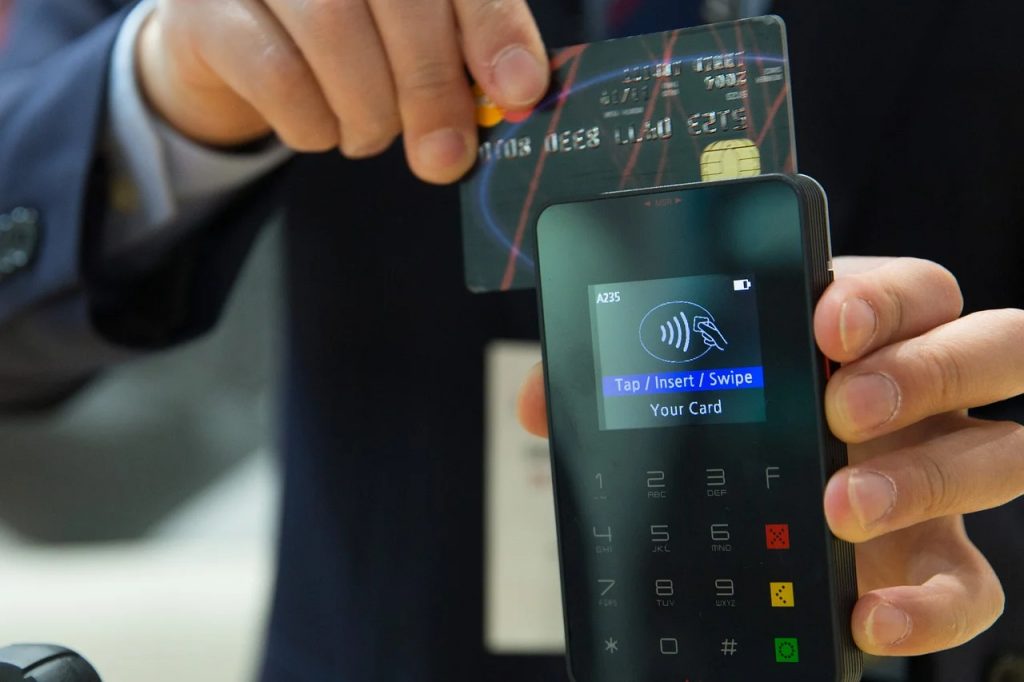The Scary Way Small Online Businesses Are Getting Scammed

The threat of being scammed currently is unfortunately a real problem in our country. These scams are designed to be confusing and keep the victim off balance so that they make a mistake and give the scam artist either money or information, both of which are valuable to their criminal enterprise. They are targeting small business owners or, more specifically, small online business owners selling products on Facebook Marketplace, eBay, Poshmark, and many other sites.
I’m not a small online business owner, but I experienced this firsthand about a month ago when I had an item in my garage that my wife and I wanted to get rid of and get a little bit of money for it. I spent all day trying to take the perfect picture to showcase the item and then listed it on Facebook Marketplace for a reasonable price. Within about five minutes of posting the ad, I received seven different requests to purchase the item.
I was excited and immediately thought to myself that I would have the money by early afternoon because one of these five people will certainly outbid the others. Well, every one of those seven individuals was running one of the variations of this type of scam. Essentially, they were trying to leverage the Zelle payment app to defraud me. By the end of the day, I had 17 people try to scam me. Suffice it to say, small online business owners are likely inundated with messages from scammers.
Another type of scam targeting small online business owners involves a Google Verification Code and I saw this type of scam the most when trying to sell on Facebook Marketplace. They mention to you that they have been hearing a lot of scams online and to be safe they want your phone number so they can send you a code they can prove you are a real person. Once you do verify your number with them, they may probe you for more information they can use to attempt an account takeover with your bank.
It is extremely important not to give your phone number or answer any of their questions. It is also important to block and report the scammer’s social media account so you don’t have others being taken advantage of in your neighborhood. The last scam involves the scammer paying you via Venmo or PayPal and they will send you a fake confirmation notice.
They are hoping for you to only look at the notice and go place the item in the mail to be shipped to the perpetrator. If you checked the platform’s app you would see the funds were not received and credited to your account as the notice confirms. Once you have placed the item in the mail, it would take an act of Congress to get it returned before it made it to its destination.
According to Consumer Affairs, “Many sites recommend selling your stuff to a local buyer you can meet in person and only accepting cash payments. If you’re not selling locally, see what seller protections the site offers.” A word of the wise to small online business owners – they say, cash is king, and honestly, having experienced this firsthand you want to be extra cautious and diligent when arranging how you will receive payment.











